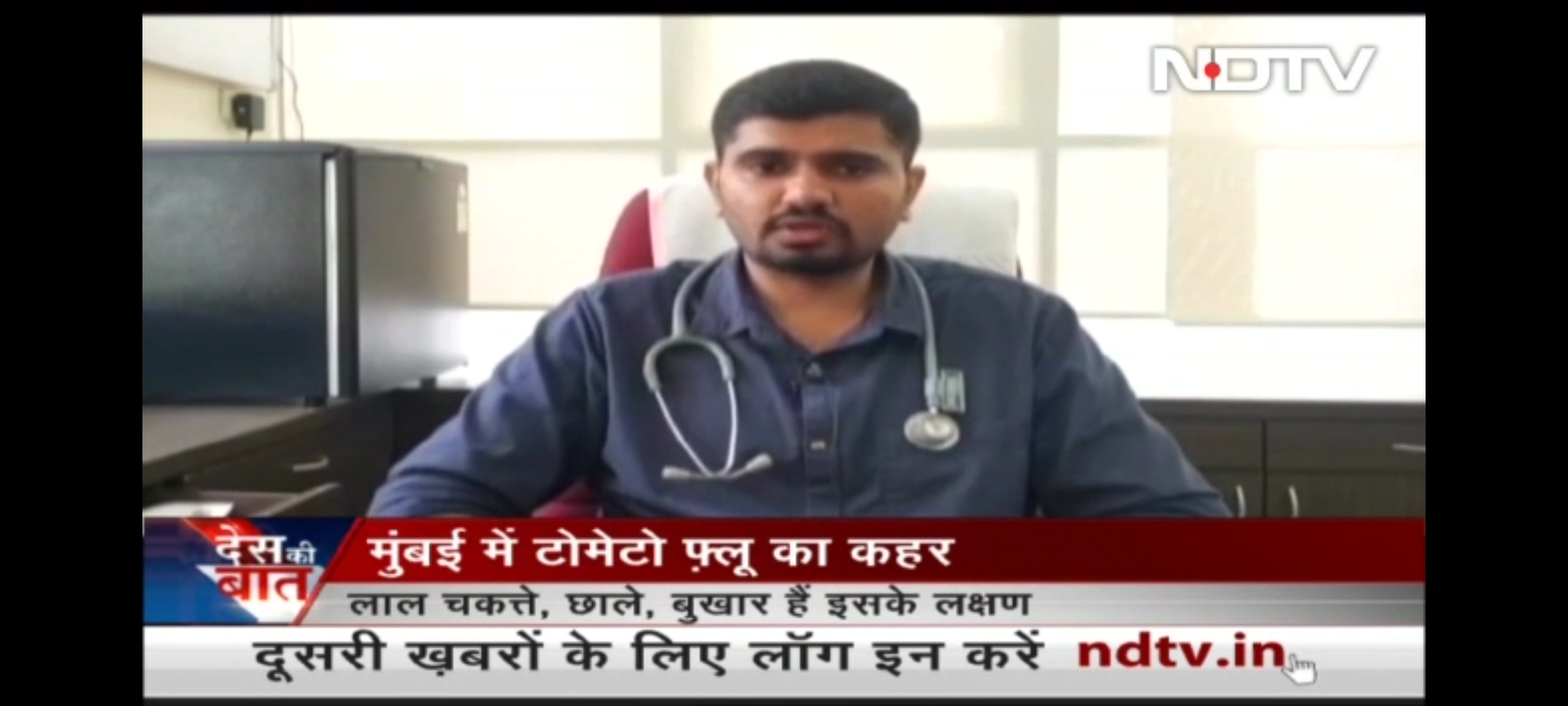14th October 2017
According to a study published in the Lancet medical journal on October 10, obesity among children between the age group of 5 to 19 years has increased globally over ten times in four decades. On the other hand, India still has about 97 million moderately to severely underweight children as seen in 2016
On Tuesday, a study published in the Lancet journal reported that the prevalence of moderate and severely underweight children in India is among the highest in the world. The study was led by the Imperial College in London and the World Health Organization (WHO). The study was conducted by evaluating the Body Mass Index(BMI) of about 130 million children over a span 5 years.
This comes as shock as the report suggests that obesity among children between 5 and 19 years of age has increased globally over ten times in four decades. However, India still has about 97 million moderately to severely underweight children as seen in 2016.
While the incidence of underweight children is below 1 per cent in 29 countries, it was high in south Asia and the highest in India. One in five girls and one in three boys in India were moderately or severely underweight in 2016, said the report.
The worrisome factor is nutrition and quality of nutrition is a concern. “Obesity as well as undernourishment is a matter of quantitative and qualitative nutritive content in the food we eat. This means, quality of food is as important as its access and availability,” said Dr Ramen Goel, Senior Bariatric Surgeon, Director, Centre of Bariatric & Metabolic Surgery, Wockhardt Hospitals.
Doctors have emphasised that changing food habits are a hurdle in attaining the appropriate amount of nutrition.
“Food preferences such as noodles, instant packaged and fast foods do not provide a balanced diet. With the parents and children’s fast paced lifestyle, good appropriate meals have become a challenge for parents, thus feeding the child taking precedence to providing wholesome nutritious well balanced meals,” said Dr Biswanath Gouda, Consultant ,Bariatric and HPB Surgeon, K J Somaiya Hospital, Super Specialty Centre.
He added, “The increase in obesity in India is a matter of serious concern, especially so in urban cities like Mumbai and Delhi where over 1 kid amongst 20 kids are obese. It must be noted that obese children are also often nutrition deficient. Similarly, the changing food habits also cause lack of nutrition in children.”
The report says that only one in ten children in India are adequately nourished. ‘Prevalence of moderate and severe underweight was highest in India, at 22·7 per cent among girls and 30·7 per cent among boys. In 2016, 75 million girls and 117 million boys worldwide were moderately or severely underweight.’
“Obesity and undernourishment are, both very dangerous to our population. Inactivity, lack of exercise, lack of open spaces to play and easy availability of junk food are causes of childhood obesity. Inaccessbility to food is the cause of malnourishment in children. Hence, it’s important to address the issue of balanced and quality access of food,” said Dr Sanjay Borude, bariatric surgeon at Breach Candy Hospital.










